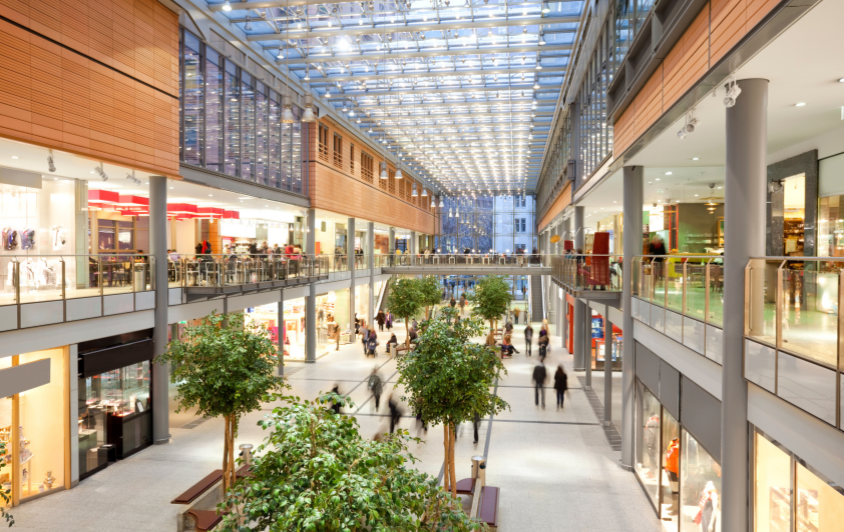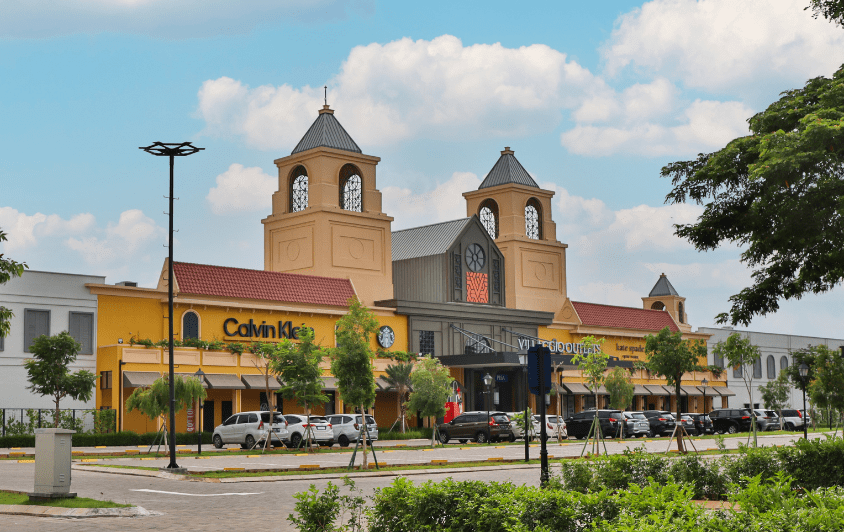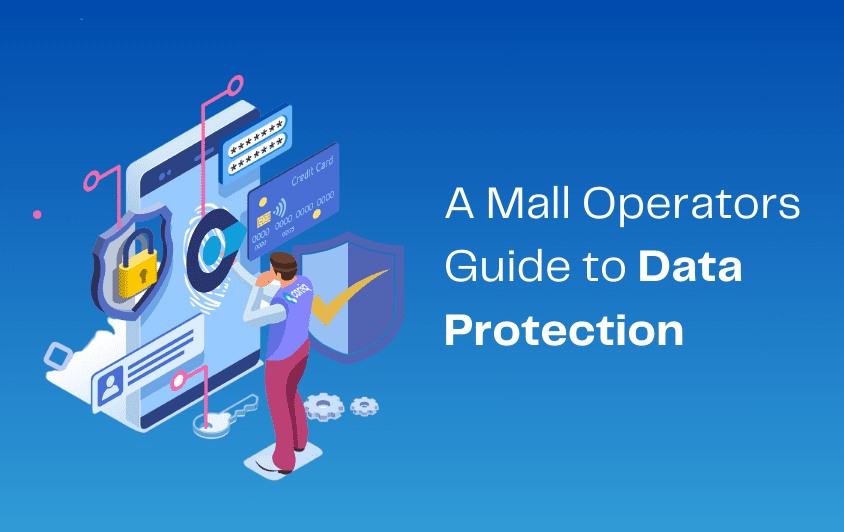In March of 2018 Coniq opened its first office in Dubai and with it opened a window into a new world of retail that could potentially re-write the rule book. The Coniq team has spent the rest of the year working with some of the largest retail groups in the region advising on CRM, data and loyalty strategies and realising that many of the rules of retail that are set in stone in Europe and the US simply do not apply.
In May this year, CBRE ranked Dubai as the world’s most important global shopping destination, for the first time overtaking the traditional leaders such as London and Paris; at the same time European and American retail both face huge challenges of structural change – reshaping large portfolios and updating legacy infrastructures, and business models to face a rapidly evolving, internet-heavy retail landscape.
A lack of these issues in the Middle East doesn’t mean retail here is immune from structural change, but it does mean there is a real opportunity for the region to establish itself as the global benchmark for a new retail model and this is where Coniq is focussing its effort. Middle East retailers and landlords are uniquely positioned to improve on the online and digital-hybrid retail models which have been built in destinations such as London and Paris, and to leverage the specific strengths of the region to create a retail ecosystem far more robust to the threats of new and aggressive ecommerce propositions.
However, retail in the region needs to change in two key ways to be the driver and not the casualty of this change;
Firstly, building on a trend from European retailers, more cooperation on sharing data is needed to build a total 360-degree view of their customers. For too long, the retail-landlord relationship has failed to capitalise on the opportunities their combined data can provide, information has been too closely guarded, when the benefits of data sharing far outweigh any potential downside. Consumers are, by their very nature a fickle group, with varying degrees of loyalty across different numbers of brands, so data from a mall that helps retailers understand their behaviours and data from retailers that helps identify and capture their true potential value can be combined to create powerful insight that benefits all.
By continuing to focus only on how customers shop their own particular brands the retail groups are building only a narrow view of the shopper, and handing a huge advantage to an online player such as Souq.com who will have detailed multi-brand and multi-category data. The good news here is that the structure of the large retail groups in the region makes solving this problem much simpler than in other markets, and places the Mall owners in a key position to start the process of building the true 360 view of the Shoppers.
Physical retail can never be recreated online, yet much of the customer benefits of the online experience can be harnessed in the offline world with digital-hybrid models, and with data sharing and the benefits are endless. Retailers currently separate online advertising, far away from the physical side of their business, yet the opportunity to know a valuable customer is in a Mall and actively shopping should be more valuable to their advertising team. I truly believe this shift will create new business and advertising models that add significant value in the imminent future to the benefit of everyone.
Secondly, they will need to be able to take decisions and react far more quickly than they have before and the pace of change accelerates exponentially. In a world where consumer behaviour is evolving daily, the ability to spot these changes and respond to them instantly will be the force that can keep the Middle East at the forefront of Global Retail. It’s better to take 100 small steps quickly, than one huge step slowly.
Coniq currently works with many of the largest and most successful Mall operators in Europe and is already sharing data in real-time between over 800 of the leading retail brands; but it has taken us 5 years to build the trust, the technology and the culture to do this.
With this solution, whilst brands continue to compete on a daily basis for the attention and spend of their target shoppers, they can collectively benefit from sharing anonymised information to get a view of shopping behaviours. Also, consumers rarely shop a single brand in a mall, so understanding spend characteristics between brands helps all parties reward consumers with offers they actually want and keep the highest value shoppers coming back time and time again.
This brave new world means that landlords can understand the full shopper journey and work directly with their tenants to continually redesign the shopper experience, the marketing strategy, staff training and even retail mix to ensure when customers visit a middle east mall, their experience is a perfect mix of physical and digital.






